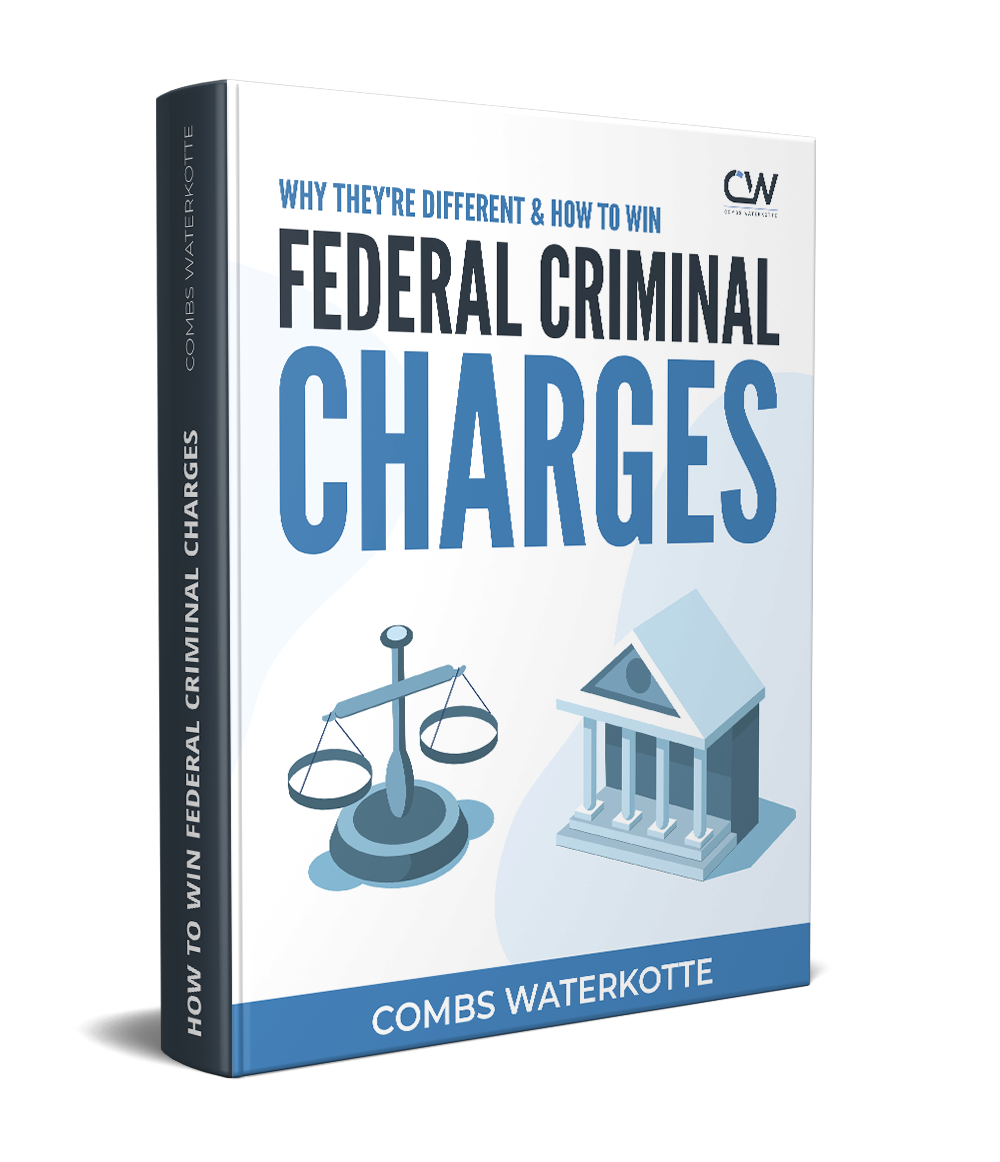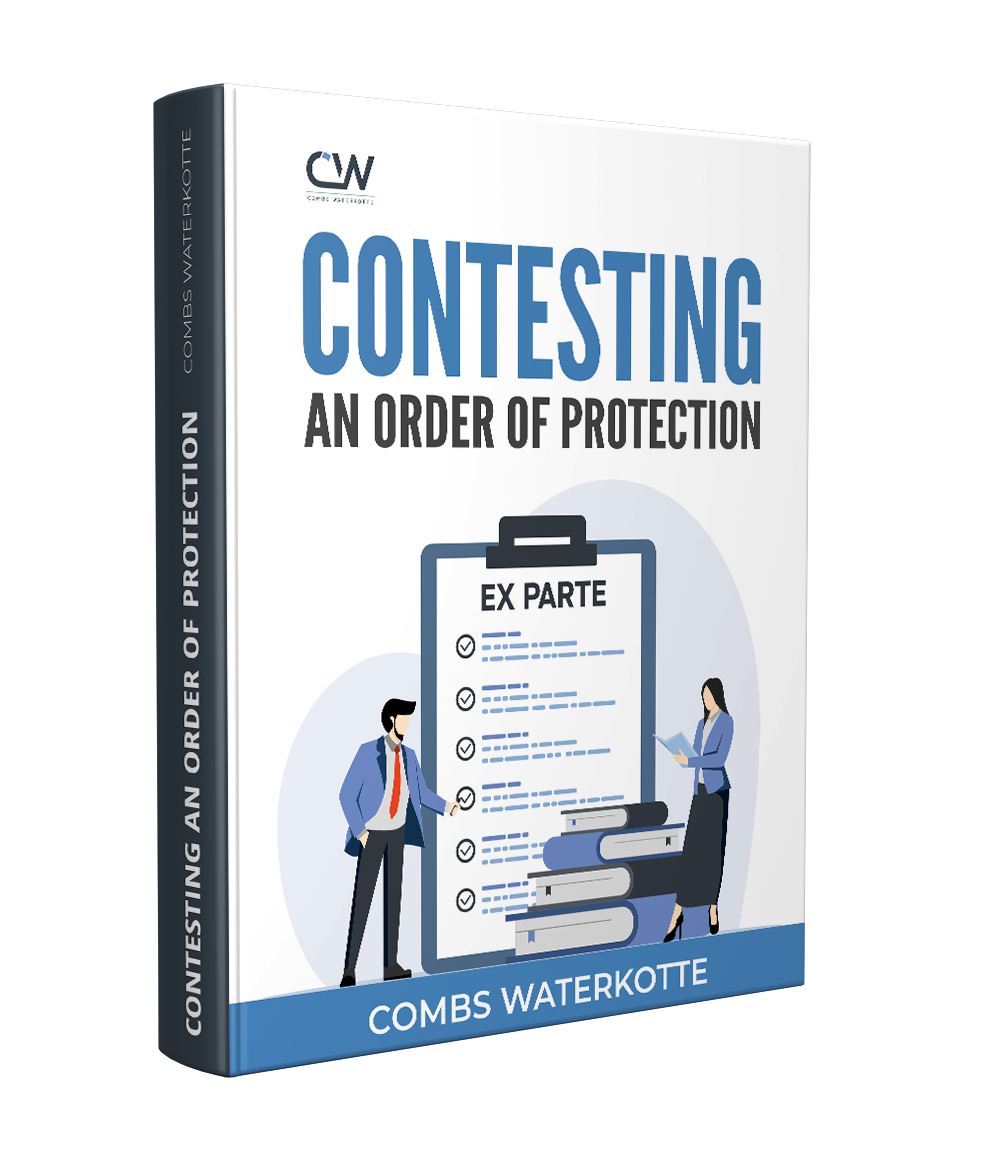Additional Links
What Is Federal Conspiracy to Commit Murder?
In plain terms, conspiracy punishes the plan to kill, even if no one is harmed. Prosecutors only need to show an agreement, shared intent, and one step taken toward the goal.
What is considered a conspiracy to commit murder?
When two or more people agree to unlawfully kill someone, intend to follow through, and at least one takes an overt act, such as buying a weapon or scouting a location, it can qualify as conspiracy.
How is this different from murder or attempted murder?
Murder is the killing itself. Attempted murder is a direct act toward killing (like trying to shoot someone), even without an agreement. Conspiracy focuses on the plan and agreement, regardless of whether the killing happens.
Federal Statute: 18 U.S.C. § 1117 Explained
What is the federal statute for conspiracy to commit murder?
18 U.S.C. § 1117 makes it a crime for two or more people to conspire to commit murder and take an overt act.
The “overt act” does not have to be violent. Buying a gun, scouting a location, or even making travel plans can be enough. Prosecutors only need to prove agreement, intent, and one step forward, no matter how small.
Key elements of 18 U.S.C. § 1117
- Agreement: At least two people must decide together to kill someone. This doesn’t need a written contract. For example, two friends agreeing to “take care of” a rival and planning how to do it.
- Intent: Each person must truly mean for the killing to happen. Joking about it or talking without serious intent is not enough.
- Overt act: One of them must take a real step to move the plan forward, even something small like buying a weapon, driving by the victim’s home, or writing down a schedule.
No death is required for prosecution. The statute applies inside the U.S. and, in some cases, abroad—for example, targeting internationally protected persons.
Penalties for Federal Conspiracy to Commit Murder in Missouri
Conspiracy sentencing can be just as severe as a completed murder case. The law treats the agreement and planning itself as a major crime.
What is the sentence for conspiracy to commit murder?
A conviction under 18 U.S.C. § 1117 can mean up to life in federal prison, even if no one is killed.
What affects sentencing in federal conspiracy cases?
- Role in the conspiracy: Leaders and organizers usually face harsher sentences than minor participants.
- Aggravating factors: Targeting a federal official, hate crime motives, or planning multiple killings can increase penalties.
- Mitigating factors: Withdrawing from the plan early, cooperating with authorities, or showing limited involvement can reduce sentencing ranges.
- Prior criminal history: A defendant’s past convictions strongly influence federal sentencing guidelines.
There is no parole in the federal system. Even after prison, defendants may face years of supervised release with strict conditions.
Defense Strategies Against Federal Murder Conspiracy Charges in Missouri
The government must prove agreement, intent, and an overt act beyond a reasonable doubt. Weakness in any one of these elements can create a path to a "Not Guilty" verdict or a cases dismissal.
How can you fight a federal conspiracy to commit murder charge?
Short answer: By showing there was no real agreement, no criminal intent, or no overt act, and/or by exposing flaws in the government’s evidence.
Common defense strategies
- No true agreement: Conversations or associations don’t always equal a binding criminal conspiracy.
- No intent to kill: Without proof of a shared intent to commit murder, the charge cannot stand.
- No overt act: If no concrete step was taken, the statute’s requirements are not met.
- Entrapment: Government agents may have pushed someone into actions they otherwise would not have taken.
- Withdrawal: If a person clearly withdrew before any overt act occurred, liability can be reduced or avoided.
- Evidentiary challenges: Wiretaps, confidential informants, or surveillance can be unreliable, biased, or illegally obtained.
Conspiracy charges are often built on weak or circumstantial evidence. A skilled defense lawyer can attack each element to raise doubt and protect your future.
Federal vs. State Conspiracy Charges in Missouri
Conspiracy charges can be brought in both Missouri state courts and federal courts, depending on the circumstances.
Under 18 U.S.C. § 1117, federal conspiracy charges often carry harsher penalties and are prosecuted by U.S. Attorneys. Missouri state conspiracy laws apply when the case stays within the state system, but federal jurisdiction is triggered when federal property, interstate activity, or certain aggravating factors are involved.
| Aspect | Missouri State Conspiracy | Federal Conspiracy (18 U.S.C. § 1117) |
|---|---|---|
| Who prosecutes | County or state prosecutor | U.S. Attorney with federal agencies |
| Jurisdiction | Crimes within Missouri | Federal property, officials, interstate activity, or federal interests |
| Penalties | Prison terms under state sentencing laws | Up to life in federal prison |
| System differences | Missouri courts and rules | Federal courts, strict rules, no parole |
Federal conspiracy charges are harsher and more complex than state cases. The difference often comes down to who prosecutes you and the stakes involved.
What To Do If You’re Charged with Federal Conspiracy to Commit Murder in Missouri
The first hours and days after being charged can have a major impact on your case. Taking the right steps immediately helps protect your rights.
What should you do if charged with conspiracy to commit murder?
Short answer: Stay silent, call a federal defense lawyer, and act fast.
- Don’t talk to agents: Federal investigators are trained to use your words against you. Politely invoke your right to remain silent.
- Call a lawyer immediately: Having a Missouri federal defense lawyer on your side early can protect your rights and begin shaping your defense strategy.
- Don’t discuss the case: Avoid talking to friends, family, or cellmates about your charges. Even casual remarks can end up as evidence.
- Document details: Write down everything you remember about your arrest and interactions—witness names, locations, and conversations can matter later.
- Prepare for detention hearings: Your Missouri federal defense attorney can argue for pretrial release and challenge government attempts to hold you without bond.
Key takeaway: The smartest move you can make after being charged is to stop talking and get a lawyer who knows federal courts working on your case immediately.

































